This gallery shows 25+ high-quality and best-resolution Turtle PNG Images, Vectors, Stickers, logos, Icons, and Clipart Pictures with transparent backgrounds. Free download all these Turtle PNG images for graphic design, projects, presentations, web design, editing, and other works.
Turtle PNG Images:
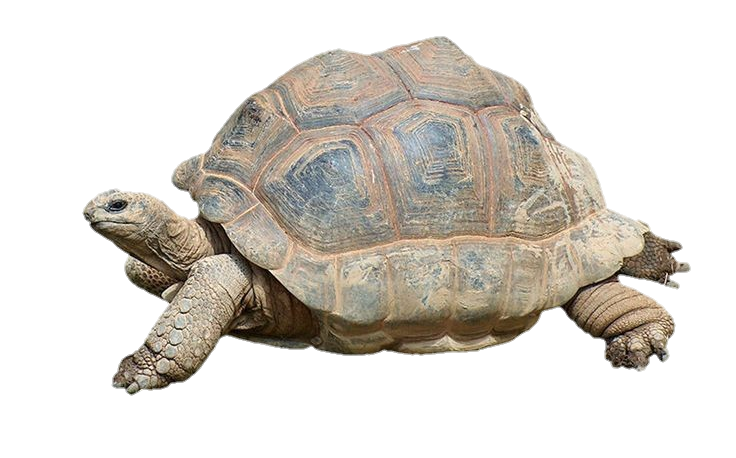
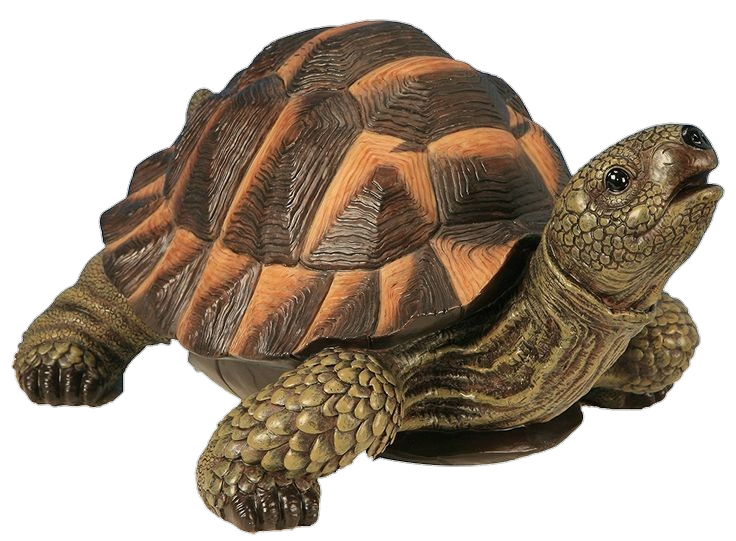
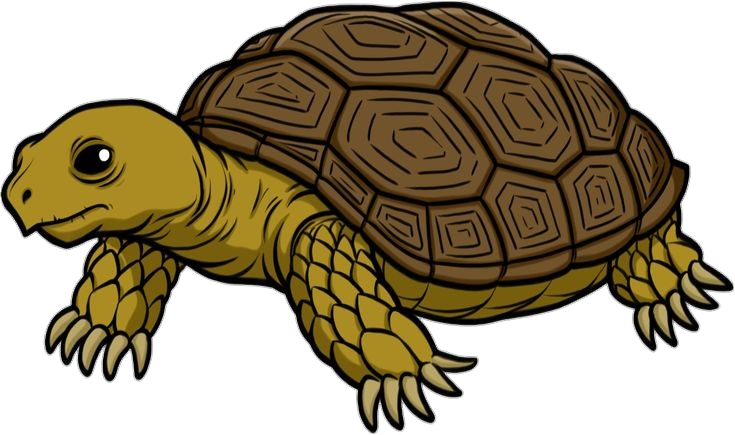
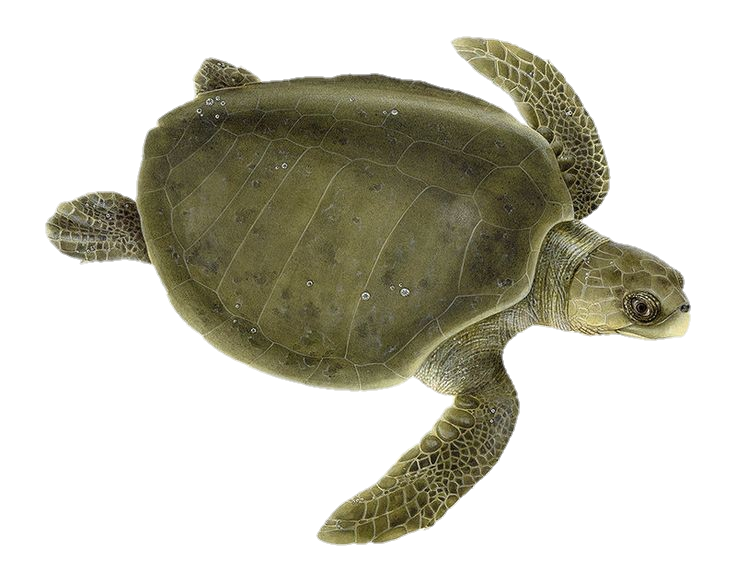
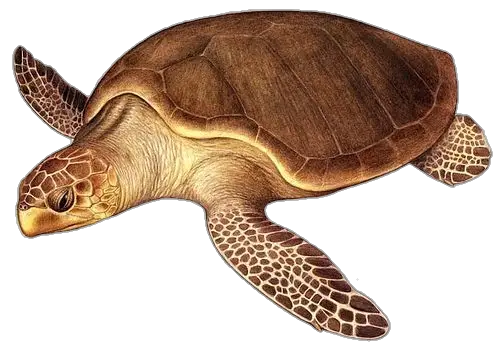
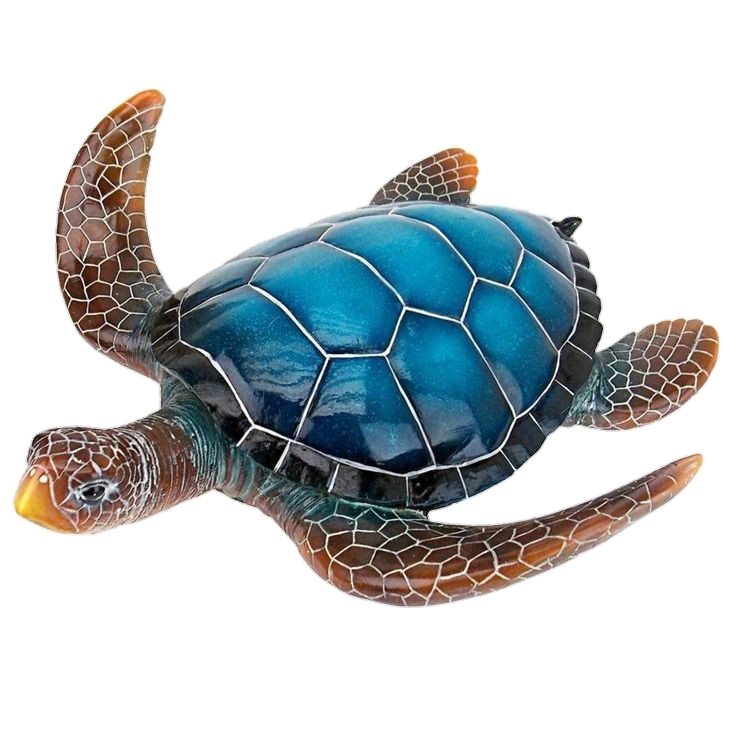
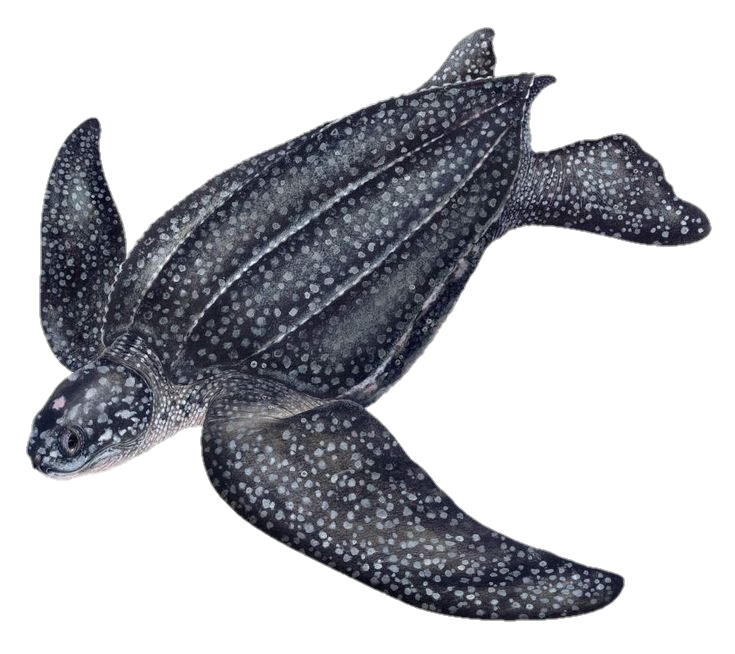
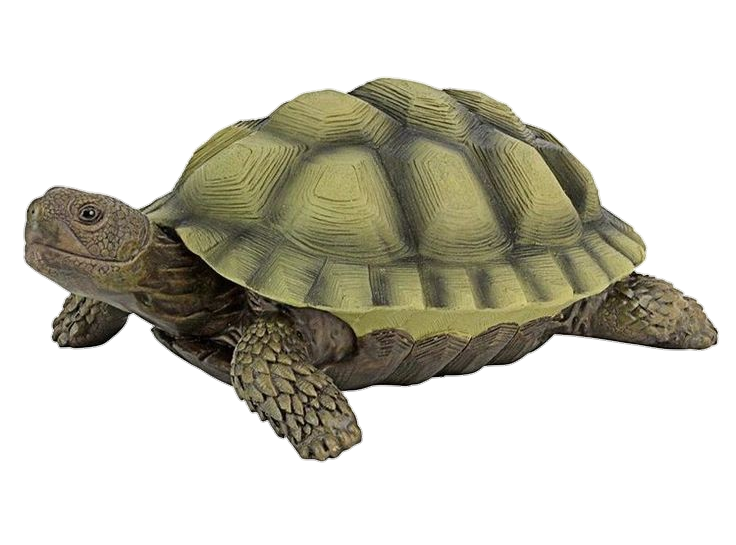
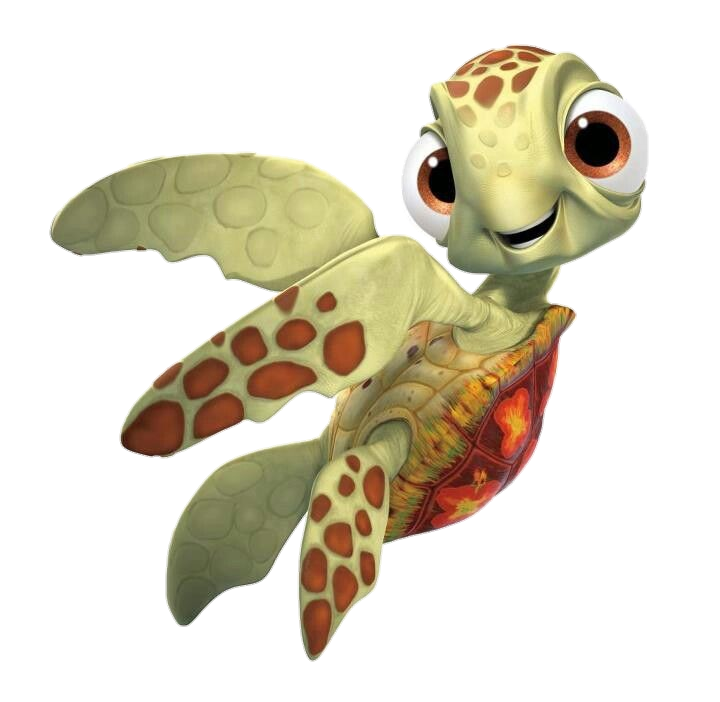
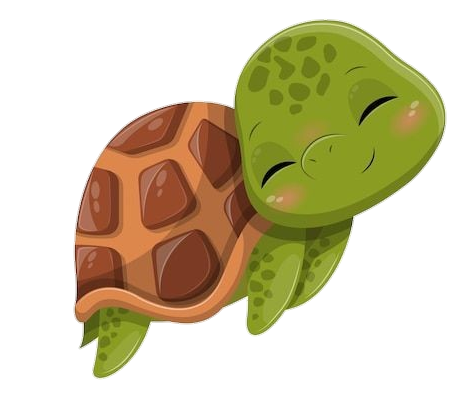
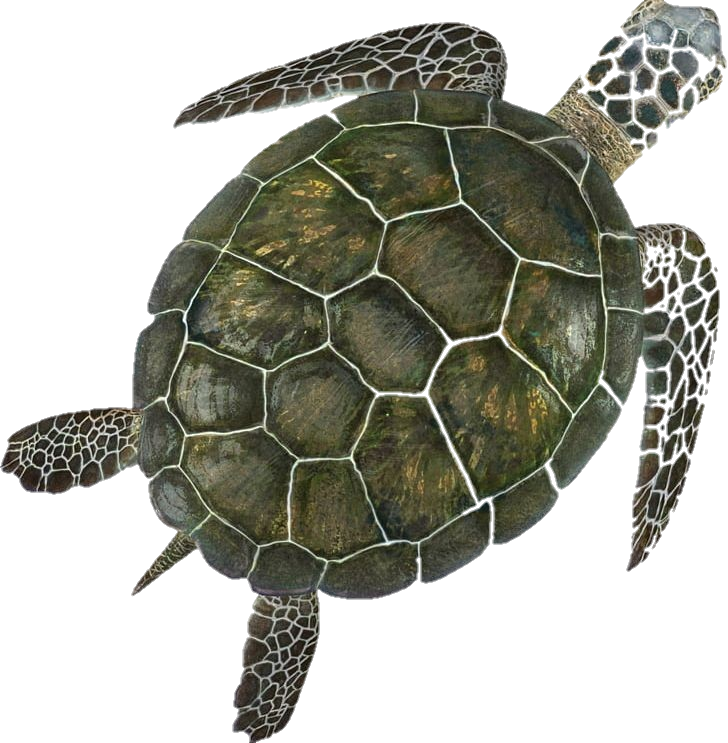
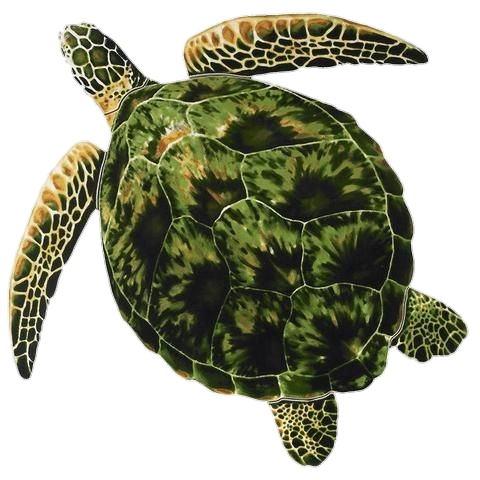
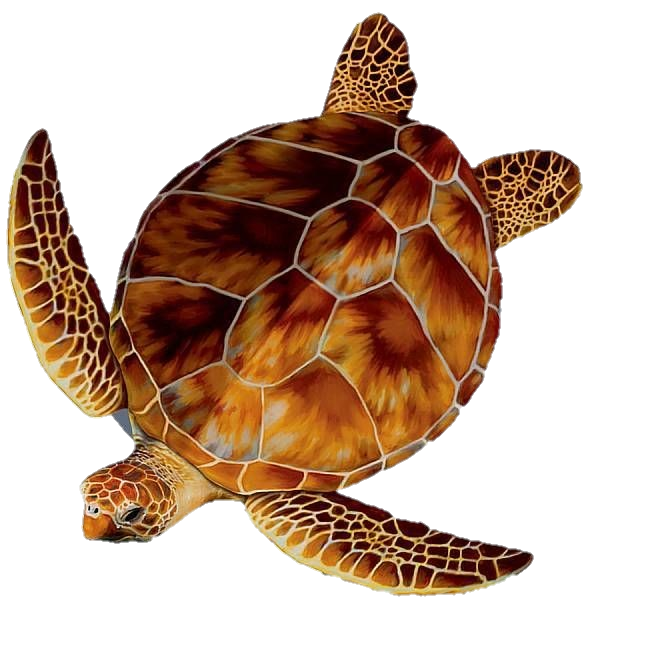

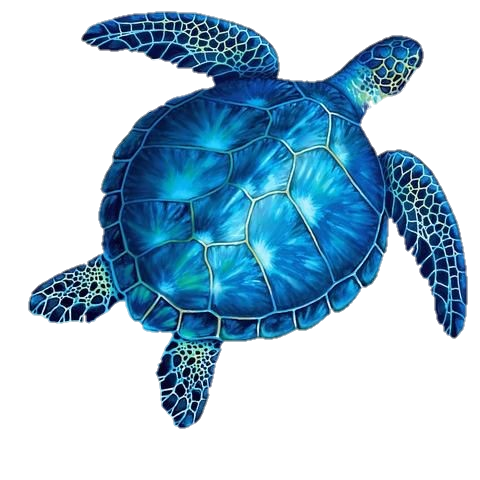
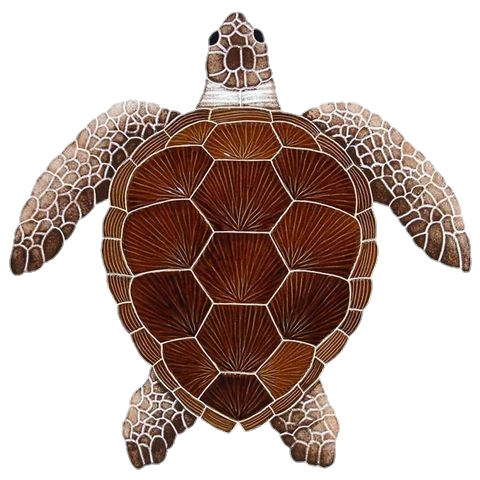
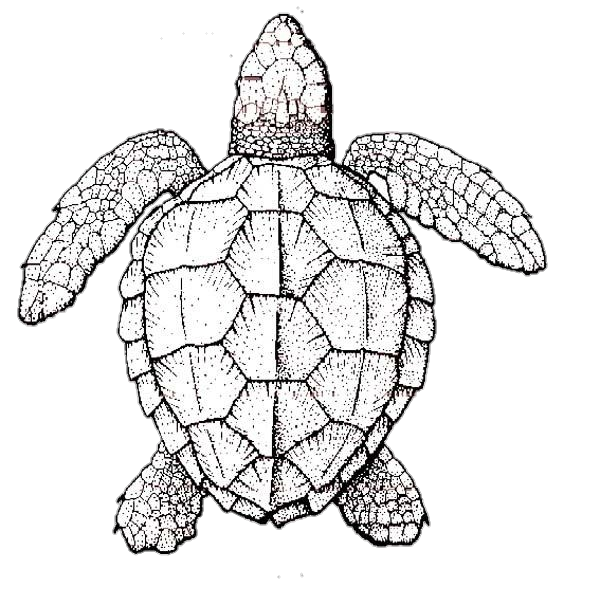
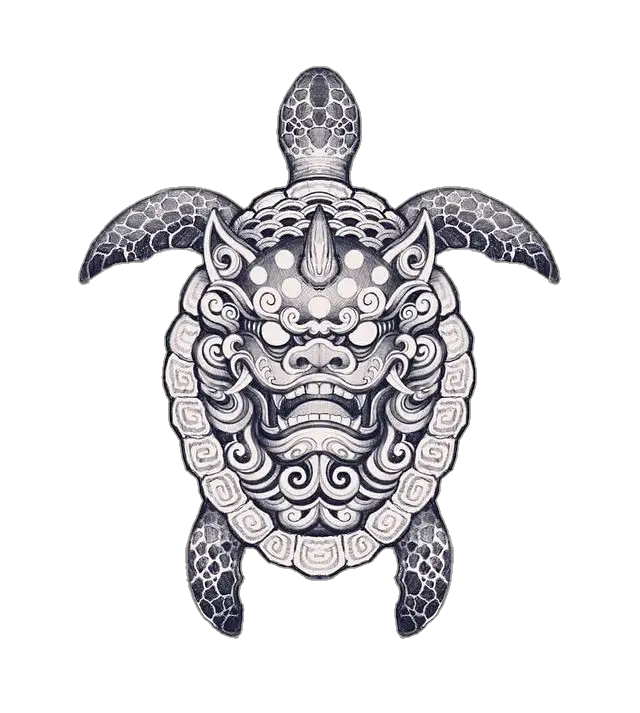
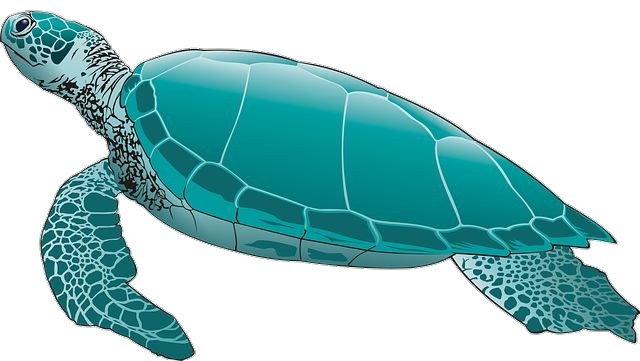
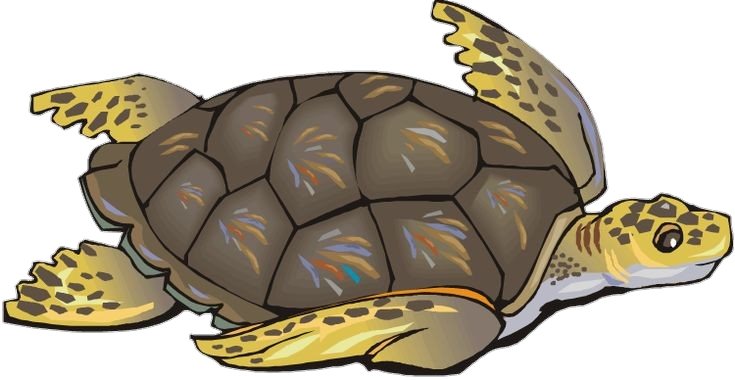
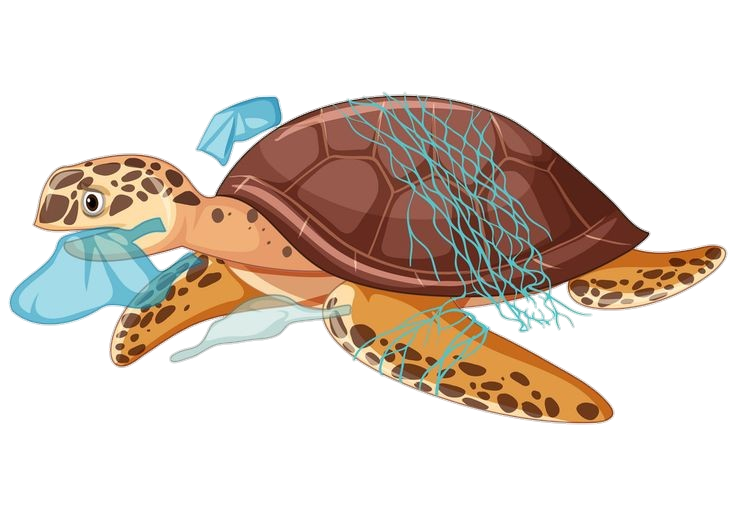

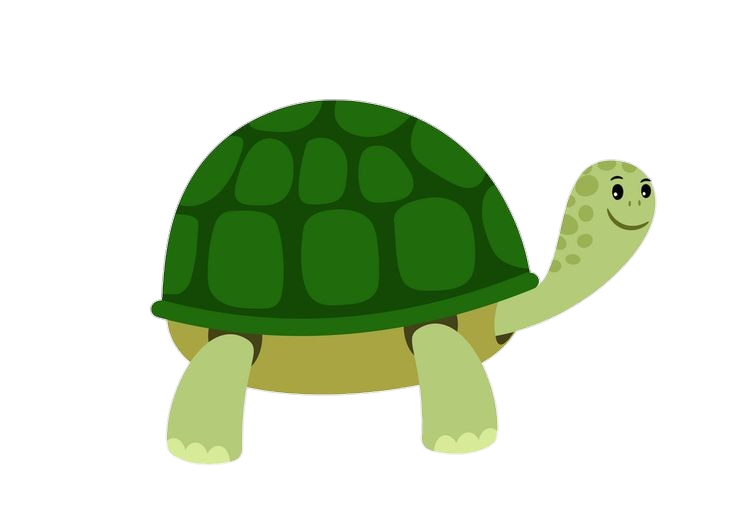
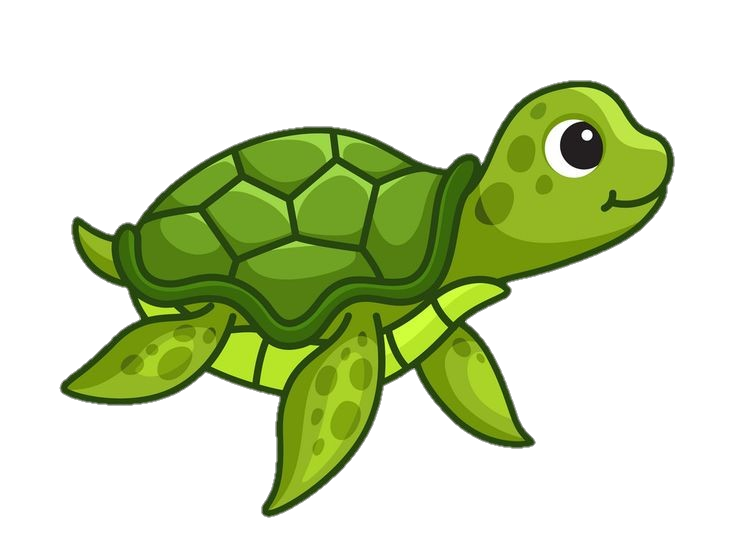
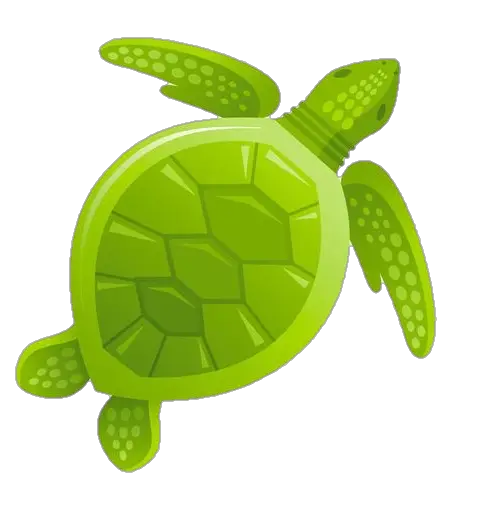


Turtles are fascinating creatures that have captivated the human imagination for centuries. With their unique appearance, ancient lineage, and intriguing behavior, turtles hold a special place in the natural world. Let’s explore turtles’ diverse characteristics and significance, shedding light on their ecological importance and the conservation challenges they face.
Turtles are remarkable animals with distinctive features. They possess a protective shell, an evolutionary adaptation shielding them from predators. The shell comprises two parts: the carapace on top and the plastron on the bottom, connected by a bridge. This bony structure is a fortress, providing physical protection and a haven for internal organs. Some turtles can retract their heads and limbs into their shells, further enhancing their defense mechanisms.
Turtles play a crucial role in various ecosystems. Aquatic turtles help maintain the balance of aquatic environments by controlling populations of aquatic plants and invertebrates. They are omnivorous, feeding on various plants, insects, and small aquatic animals. Terrestrial turtles contribute to seed dispersal and nutrient recycling through their feeding habits. Additionally, some turtles, such as the leatherback sea turtle, significantly impact marine ecosystems by controlling jellyfish populations.
Turtles are a remarkably diverse group, with over 356 known species inhabiting a wide range of environments across the globe. They can be found in oceans, freshwater bodies, and land. Different turtle species have evolved to thrive in specific habitats, from deserts to tropical rainforests. The geographical distribution of turtles spans every continent except Antarctica, emphasizing their adaptability and resilience.
Turtles have a long lifespan and exhibit fascinating reproductive behaviors. Female turtles often return to the same nesting sites where they were born to lay their eggs. They undergo a unique nesting ritual, digging nests and carefully burying their eggs. The incubation period varies depending on the species and environmental conditions. Once hatched, baby turtles face numerous challenges as they reach water, and their survival rate is relatively low.
Despite their resilience, turtles face numerous threats that endanger their survival. Habitat loss due to urbanization, deforestation, and pollution significantly impacts turtle populations. Climate change poses additional challenges, as it can affect the sex ratio of hatchlings due to temperature-dependent sex determination. Overexploitation for food, traditional medicine, and the pet trade also contribute to the decline of many turtle species. Conservation efforts, including habitat protection, captive breeding programs, and public awareness campaigns, are crucial for long-term survival.
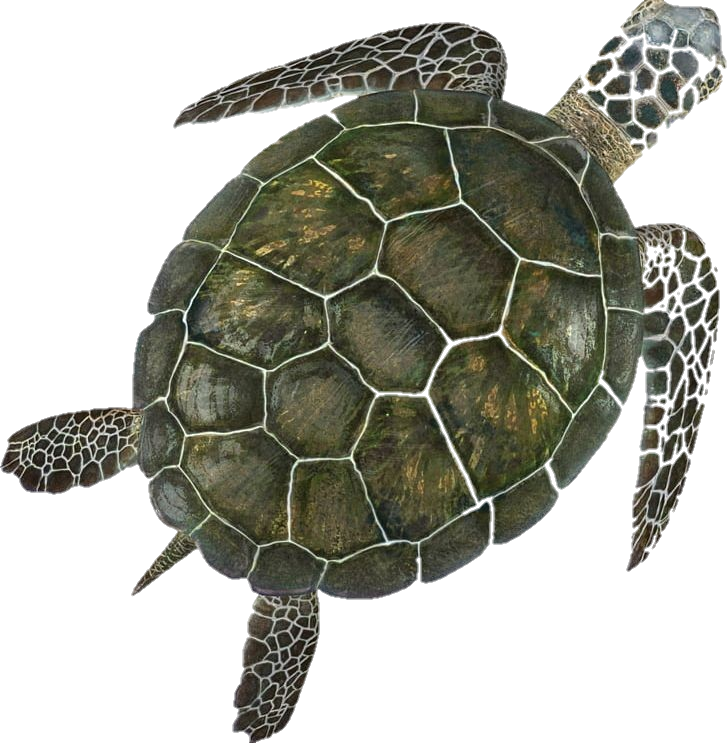
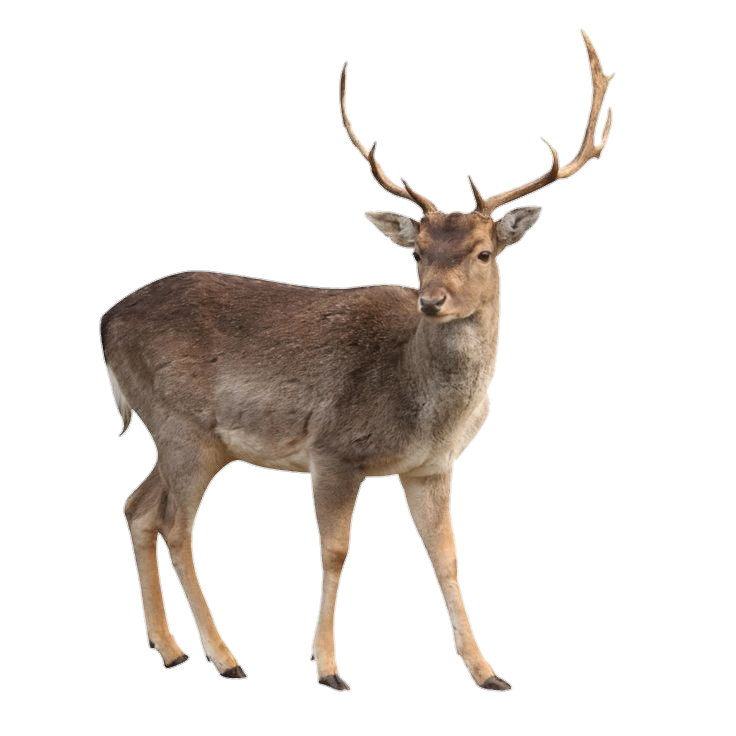
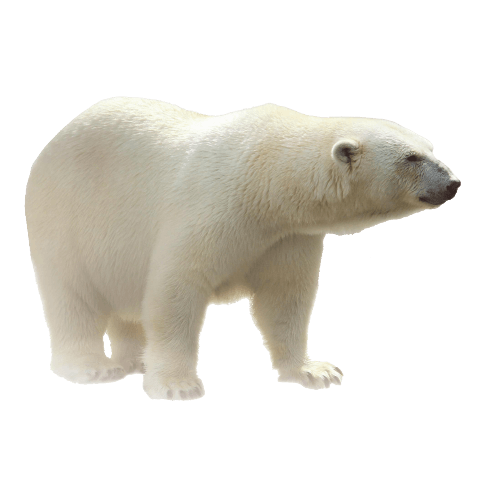
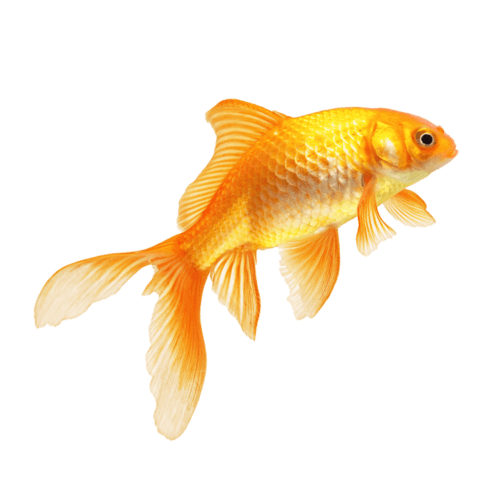



Leave a Comment